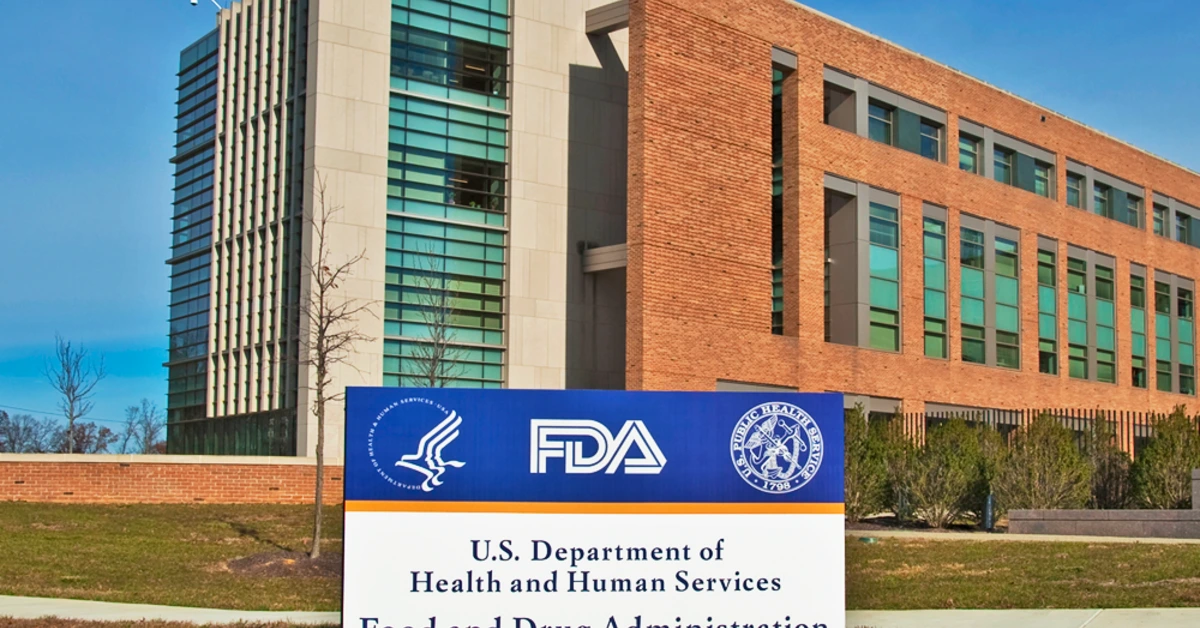
USA – The U.S. Food and Drug Administration (FDA) has issued a Class I recall—the most serious type—for Philips’ Mobile Cardiac Outpatient Telemetry (MCOT) device software.
The recall stems from a software issue that failed to send critical electrocardiogram (ECG) events to trained cardiology technicians, potentially delaying timely medical intervention.
This issue persisted from July 2022 to July 2024 and has been linked to 109 patient injuries and two deaths.
The affected cardiac events include serious conditions like atrial fibrillation, ventricular tachycardia, supraventricular tachycardia, and second- or third-degree atrioventricular block. These conditions, if not promptly addressed, can pose significant health risks.
On December 18, 2024, Philips and its subsidiary, Braemar Manufacturing, informed customers about the issue through an Urgent Medical Device Correction notice.
The notice provided instructions on how to review patient data and identify cases requiring reprocessing.
Philips emphasized that no devices need to be returned or removed from the market. Instead, healthcare providers are advised to follow the correction notice and reprocess ECG data if needed.
Customers will receive email notifications when updated reports are available, summarizing any new cardiac events identified.
The FDA clarified that Philips will not directly contact patients about this matter. “Healthcare providers have the responsibility to inform patients and/or update a patient’s care pathway if they have been impacted,” stated the FDA advisory.
Philips acquired the MCOT devices, along with other advanced monitoring technologies, in a US $2.8 billion deal to purchase BioTelemetry, a Pennsylvania-based company. The acquisition was finalized in February 2021.
In response to the recall, Philips issued a statement explaining the steps it took to address the issue.
“Acting fast on post-market surveillance signals, we proactively identified a software configuration issue and reported a medical device correction, offering clinicians the possibility of reprocessing potentially affected prescriptions,” the company said.
It also reassured customers that the service is now functioning normally. “With patient safety as our number one priority, we continue to methodically work through quality at all levels in a multi-year program.”
XRP HEALTHCARE L.L.C | License Number: 2312867.01 | Dubai | © Copyright 2025 | All Rights Reserved